On our new day two of the Oystercatcher Trail, a circular route starting and ending in Boggomsbaai, we were walking along the fossilised sand structures on Boggomsbaai beach due to the high tide when one of the hikers along with his son stumbled upon a...
Acacia cyclops (rooikrans)
All along the Oystercatcher Trail you can spot the invasive Acacia cyclops or more commonly known as Rooikrans.
All along the Oystercatcher Trail you can spot the invasive Acacia cyclops or more commonly known as Rooikrans. Rooikrans was first mentioned in 1857 when it was brought in from Australia to be planted by the Cape flats to prevent sand from covering the road between Cape Town and Bellville.
The seed was then spread to other sites along the Cape coast for sand control as people began to develop closer to the oceans edge. Rooikrans has proven exceptionally well adapted to local conditions, thriving on the nutrient poor soils of the Cape and booming after the regular fires typical of fynbos landscapes. They are now invading, overshadowing and destroying indigenous vegetation. Annually rooikrans produce large quantities of seeds with succulent red seed stalks that are eaten by small rodents, baboons, pheasants, guinea-fowl, water-fowl, bulbuls and various types of doves and starlings. These animals along with man and his interferences help disperse the seeds over vast distances.
In South Africa the rooikrans has fewer natural enemies then in its original habitat which allows it to grow rapidly here and outcompete our natural plant species. Once the rooikrans has become established in a large area it is extremely difficult to eradicate. Control methods include pulling out the stems of young plants and fire however the fire must be slow and hot enough to kill all the seeds.
A newer and very successful method is the introduction of a multivoltine midge (Dasineura dielsi) from Australia. The midge induces galls on the ovary of its host, by inducing the gall it stops the flower from forming and hence drastically reduces the seeds produced. The midge has spread extremely rapidly and now colonizes virtually all mature rooikrans in the region. Extensive studies were undertaken prior to the release of the midge by biological control agents in South Africa and all indications are that Dasineura dielsi will be of no significance on any species other than Acacia cyclops but we will just have to wait and see after all the rooikrans has been colonized which plant will be next?
Further Reading
Become a Happy Hiker this season with a special offer of R3990 p.p (minimum 4 people) valid from 1 June till 31 August. Winter is a wonderful time to hike the Oystercatcher trail, not only does the cooler weather provide a shield from the heat of the sun but during this time is actually...
Over the Easter weekend the Hi-Tec Garden Route Walking Festival took place and we were honoured to be a part of it.




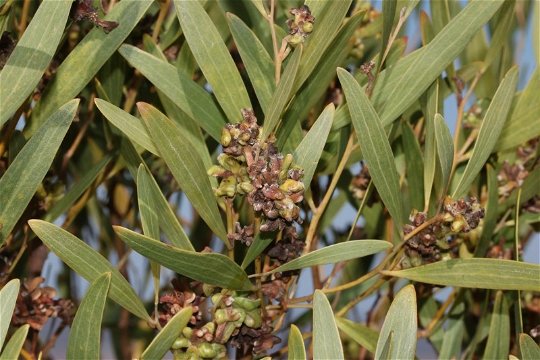
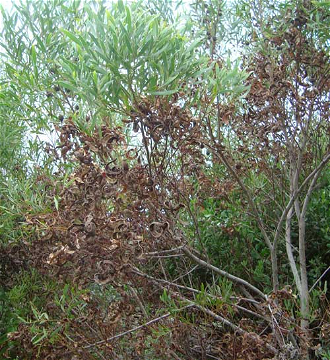
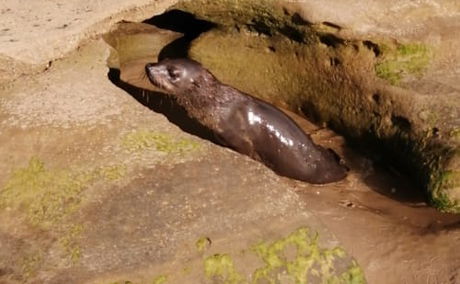
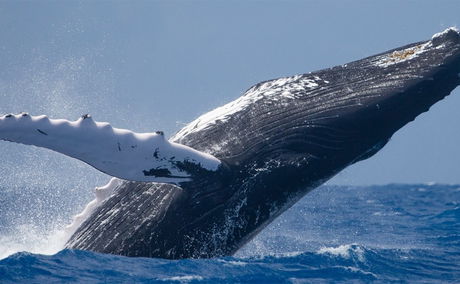
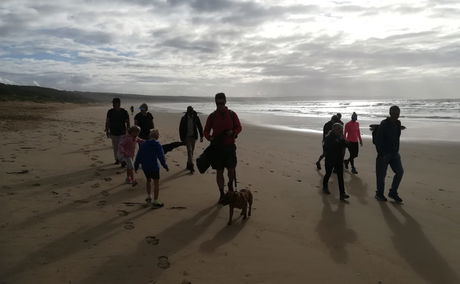
Share This Post